The conventional truth consists of all the ordinary objects and things that make up our day-to-day existence in the world: Food, work, bird, hot, cold. Over the course of our life, we learn that these words have certain meanings. And when we hear words, we should respond to them in certain ways. Language, and our understanding of it, evolves out of our specific environment. The meaning of words changes as the environment changes. The same words may have a different meaning depending on where they are commonly used.
Conversely, the ultimate truth is an understanding that the concepts we learn and ascribe to are empty of any permanent existence; everything is in constant flux, ever-changing, and interdependent.
No thing can arise from itself. All things rely on conditions to be existent.
We apply conventional truths to know when a cast iron skillet is hot so we don’t get burned. This skillet can only get hot when certain conditions are met to get it to that point. Fire is the most tangible ingredient for that to happen. At face value, fire on a typical stove in the developed world is something we can control by turning the knob on the stove. The knob is a type of supporting condition. Supporting conditions are things that we have some control over.
However, when we think of this type of fire one-dimensionally, we reify it. To reify the fire means that we mistakenly believe that turning the knob on the stove is the only way for the fire to exist and forget that there are innumerable uncontrollable conditions that come together for you have to have control over the flame on the stove. These uncontrollable factors are called background conditions.
When we rest in the conditions, we recognize there are some controllable things and innumerable uncontrollable things that come together to present the world as we interpret it. These conditions come together as a fictional story we tell ourselves and believe is true. We fixate on the most tangible items contacting our senses and become trapped by their power. Fixation stokes the fire of emotion. The more we stoke the fire, the more independent things appear. This leads to agitation, anger, unsatisfactoriness.
Just like the knob on a stove, we can more effectively control the fire of our emotions the better we understand how things ultimately exist.
The conventional arises from afflictions and karma;
And karma arises from the mind;
The mind is accumulated by the propensities;
When free from propensities it’s happiness.

